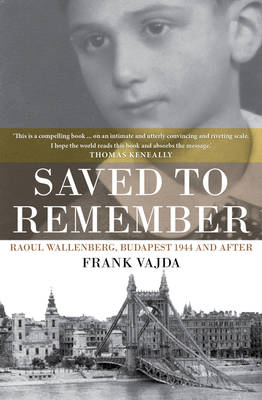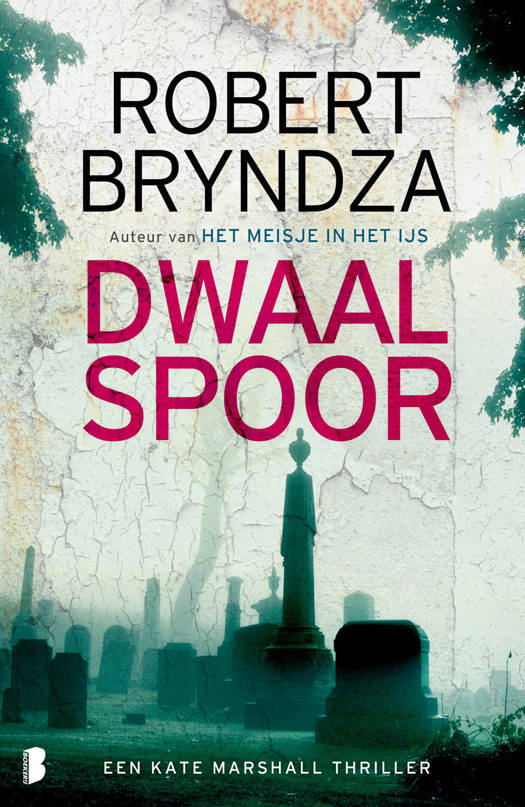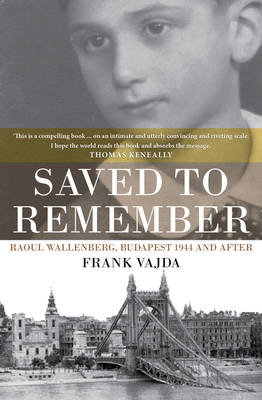
- Afhalen na 1 uur in een winkel met voorraad
- Gratis thuislevering in België vanaf € 30
- Ruim aanbod met 7 miljoen producten
- Afhalen na 1 uur in een winkel met voorraad
- Gratis thuislevering in België vanaf € 30
- Ruim aanbod met 7 miljoen producten
Zoeken
Omschrijving
Frank Vajda, a major figure in Australian neurology, was a boy in Budapest, Hungary, during the Second World War. He witnessed the attempt by Hitler's Nazis and a fascist Hungarian militia to murder him, his family and the rest of the Jews of this nation. Frank survived in the care of his courageous and ever-resourceful mother. In Saved to Remember Vajda vividly and matter-of-factly conveys what life was like for Jews trying to stay alive in a world where the law of the land, backed up by brute soldierly force, suddenly determined that they were to be killed, and how they hid, bluffed, and fought to avoid that fate. Vajda pays tribute to those who did not survive, including his father, and to those who did their best to save them, amongst whom the name of Raoul Wallenberg, Swedish diplomat, shines most brightly. Saved to Remember is also an account of Vajda's ongoing campaign, within the journey of his life, to publicly recognise and honour those, particularly Wallenberg, who risked their own lives in the attempt to save Jewish life. At a time when the memory of this period of Hungarian history is increasingly contested, Vajda's memoir is important both for what it reveals of what happened and for what it says of how these happenings should be remembered. About the author: Frank Vajda AM, Officer 1st.cl. Royal Order of Polar Star (Sweden), MD FRCP FRACP, is a consultant neurologist, Professorial Fellow, University of Melbourne, Director of the Australian Pregnancy Register of Antiepileptic Drugs, Past President of Epilepsy Society of Australia, International Ambassador for Epilepsy, Member of the International Pregnancy Register Board, Head of the Free Wallenberg Australian Committee and Founder of Raoul Wallenberg Centre of Clinical Neuropharmacology. "This is a compelling book, telling the story of the nonpareil of rescuers, Wallenberg, and of his survivors, and one in particular, on an intimate and utterly convincing and riveting scale. I hope the world reads this book and absorbs the message." Thomas Keneally (author of Schindler's Ark) *** "In my mind, while Wallenberg is clearly Vajda's hero, Vajda himself is a hero for telling his story and for bringing so much richness to our world." -- Reviews from a Serial Reader blog, August 2016 [Subject: Jewish Studies, History]Ã?Â?Ã?Â?
Specificaties
Betrokkenen
- Auteur(s):
- Uitgeverij:
Inhoud
- Aantal bladzijden:
- 176
- Taal:
- Engels
- Reeks:
Eigenschappen
- Productcode (EAN):
- 9781925377088
- Verschijningsdatum:
- 21/06/2016
- Uitvoering:
- Paperback
- Formaat:
- Trade paperback (VS)
- Afmetingen:
- 150 mm x 234 mm
- Gewicht:
- 317 g

Alleen bij Standaard Boekhandel
+ 70 punten op je klantenkaart van Standaard Boekhandel
Beoordelingen
We publiceren alleen reviews die voldoen aan de voorwaarden voor reviews. Bekijk onze voorwaarden voor reviews.












